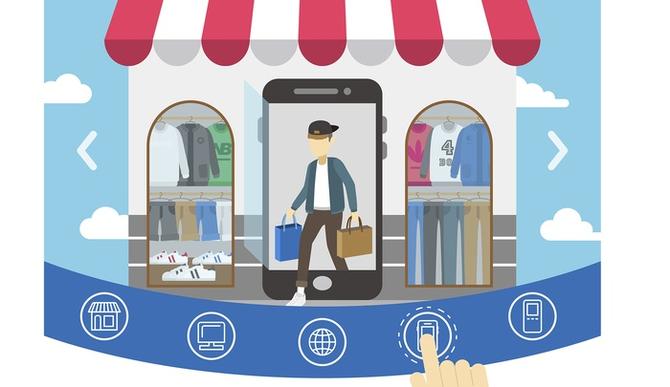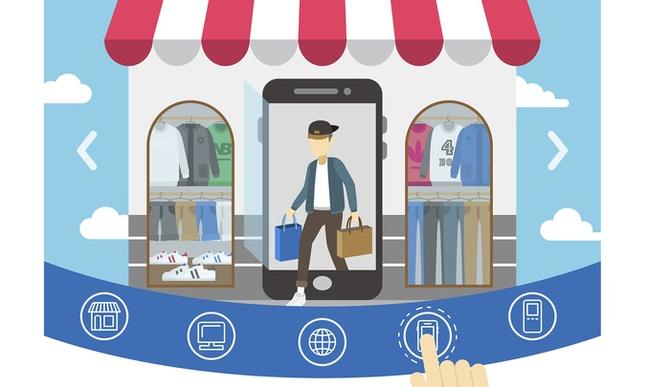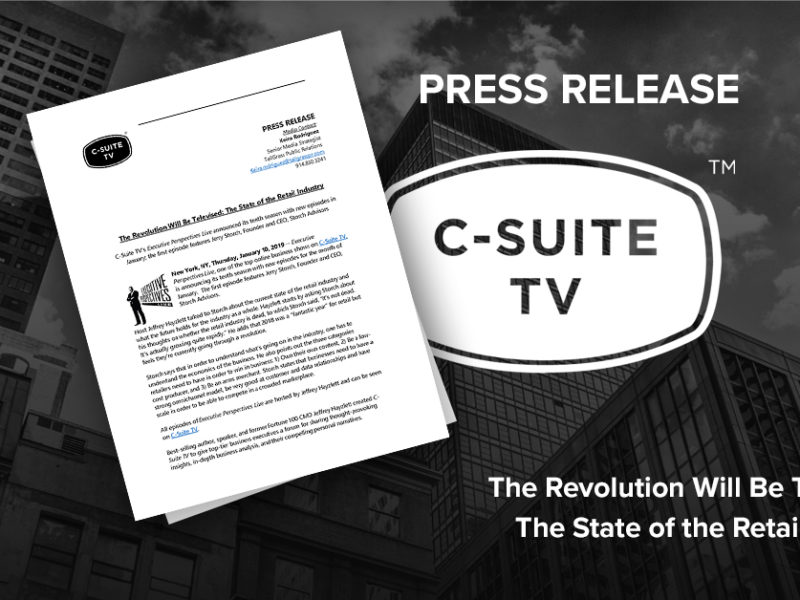
How Fantastic Furniture is making omni-channel retailing a reality
How Fantastic Furniture is making omni-channel retailing a reality https://csuiteold.c-suitenetwork.com/wp-content/uploads/2018/03/how-fantastic-furniture-is-making-omni-channel-retailing-a-reality.jpg 670 387 C-Suite Network https://csuiteold.c-suitenetwork.com/wp-content/uploads/2018/03/how-fantastic-furniture-is-making-omni-channel-retailing-a-reality.jpg
Customers don’t look at shopping as an in-store or online phenomenon anymore, they shop with a brand, Fantastic Furniture’s head of digital, Leigh McKnight, says. And thanks to an investment into a cloud-based omni-channel platform and approach, the ability to provide seamless, personalised experience is becoming a reality for the furniture retailer.
McKnight is the first to admit Fantastic Furniture was late to realising its omni-channel vision and up until three years ago, lacked an ecommerce offer. His first project upon joining the team was to define the omni-channel strategy, then implement it, going live with online transactional capability nationally in May 2015.
“It’s been a journey of how we deliver that seamless customer experience, trying to get away from previous concepts of channel separation,” McKnight said. “A customer shops with Fantastic Furniture, not online or in-store, but with the brand. So it’s about making this as seamless as possible.
“There are technical challenges and we don’t always get that right. But the guiding principle is to be consistent, whether it’s the pricing we offer, products available, services or warranty.”
McKnight inherited an on-premise installation of the SAP Hybris solution, and used this to convert the marketing-oriented website into a transactional one, redesigning product pages and cart flow accordingly. But being stuck on an on-premise platform was not the future nor the most cost-effective way of doing things, and the team kicked off a review last June to find a cloud-based solution.
With SAP’s Data Centre opening in November 2016, the retailer opted to stay with Hybris and commenced a rollout of the next-generation, cloud-based platform last December. This is due to go live in the next 1-2 months. Fantastic Furniture also uses Emarsys’ marketing automation platform for marketing purposes, as well as Microsoft Dynamics as its ERP system.
“We had invested in terms of what we put into the [SAP Hybris] platform and what we’d found was there was nothing we couldn’t do,” McKnight explained. “It’s so extensible, and you can build upon it. We haven’t had any problems with doing what we wanted to achieve.
“The other thing was we’d brought on a lot of bolt-on solutions, and they’re all there til we migrate fully to the cloud. But with the cloud offering, we’ll have more out-of-the-box capability around things like product recommendations and personalisation onsite. The new version of Hybris means we can just utilise out-of-the-box tools without having six or more partners involved.
“If we can get things into one management suite, it makes it that much easier for our small team to manage things.”
Personalisation is a key priority. At present, Fantastic Furniture is using a point solution to provide product recommendations and limited merchandising capability online.
“The biggest thing I’m looking forward is to getting out of our new platform is merchandising capability and optimising product listing results based on profitability, and what customers like,” McKnight said.
“As a value retailer, price is very important to us. We have governing principles that the price point is at the top of the pages, for example. But there’s also lots of opportunity for machine learning and other customer behaviour to drive what customers see, which will ultimately result in a better…




